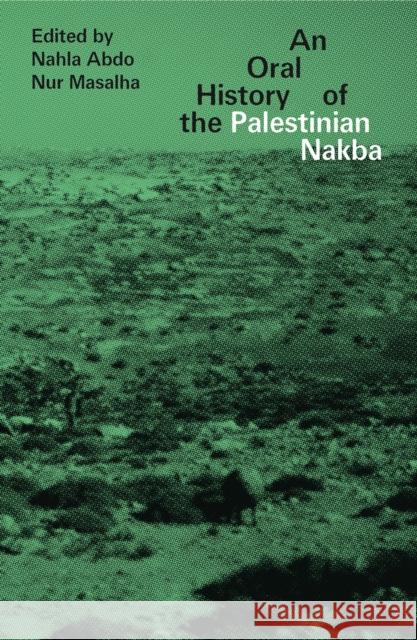An Oral History of the Palestinian Nakba » książka
topmenu
An Oral History of the Palestinian Nakba
ISBN-13: 9781786993496 / Angielski / Twarda / 2018 / 324 str.
An Oral History of the Palestinian Nakba
ISBN-13: 9781786993496 / Angielski / Twarda / 2018 / 324 str.
cena 413,76
(netto: 394,06 VAT: 5%)
Najniższa cena z 30 dni: 396,61
(netto: 394,06 VAT: 5%)
Najniższa cena z 30 dni: 396,61
Termin realizacji zamówienia:
ok. 22 dni roboczych.
ok. 22 dni roboczych.
Darmowa dostawa!
This definitive study interweaves memories of the Nakba, seventy years on.











